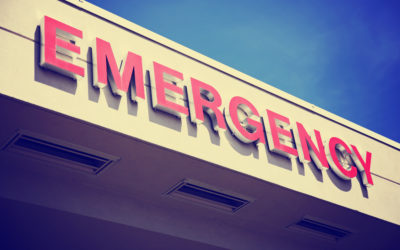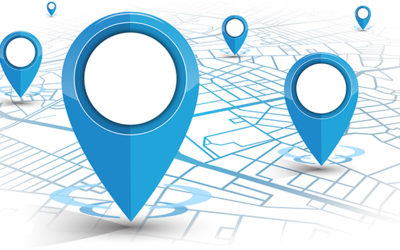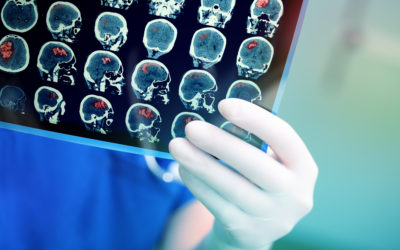When to go to the ER. Know the signs.
Minor illnesses can often wait, but some symptoms always demand immediate medical attention. These can include things like head injuries, high fevers and signs of heart attack or stroke.
Recognizing Serious Illness or Injury
Fainting, fevers greater than 100.4 degrees Fahrenheit in infants and 105 degrees in older children and adults, severe pain anywhere in the body, and significant vomiting and diarrhea require immediate evaluation. In terms of injuries, head injuries — especially those accompanied by loss of consciousness and/or vomiting — and deep wounds causing unmanageable bleeding are best managed in the ER.
Heart Attacks and Strokes
A heart attack is often recognized by symptoms such as chest pain, shortness of breath and upper-body discomfort, while stroke symptoms can include severe headache, disorientation, difficulty walking and/or speaking, and weakness or numbness on one side of the body.
But there are lesser-known signs of heart attacks and strokes that you might not be aware of. Women’s heart attack and stroke symptoms often differ from those experienced by men. Fatigue and nausea are common heart attack symptoms in women, while women’s stroke symptoms may include chest pain, heart palpitations, nausea and shortness of breath, according to the National Stroke Association.
The Bottom Line
Although the symptoms mentioned above are commonly associated with medical emergencies, you know your body best and should always feel comfortable seeking emergency medical care any time you experience unusual or concerning symptoms. This will not only set your mind at ease, but also ensure you have quick access to potentially lifesaving medical care, if needed.
If you are experiencing a medical emergency, call 911.
Related Services and Conditions
ER
In a medical emergency, every minute matters. That’s why we work diligently to have you initially seen by a medical…
ER 30 Minute Pledge
In a medical emergency, every minute matters. That’s why, at Gateway Regional Medical Center, we work diligently…
ER Directions
Health care starts with you. If you’re experiencing symptoms, it’s up to you to pay attention and decide how to respond…
ER Visit
A trip to the ER can often be stressful or scary- but it doesn’t have to be. A few minor preparations can help your visit go…
Heart Attack
In the movies, signs of a heart attack seem straightforward and dramatic. In real life, heart attack symptoms can happen…
Stroke
According to the National Stroke Association, a stroke is the leading cause of death in the U.S., and the leading…






